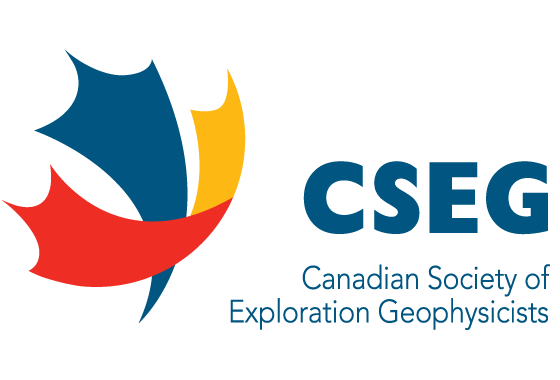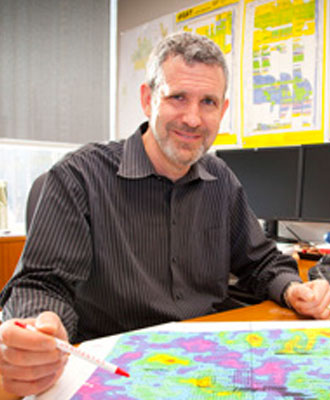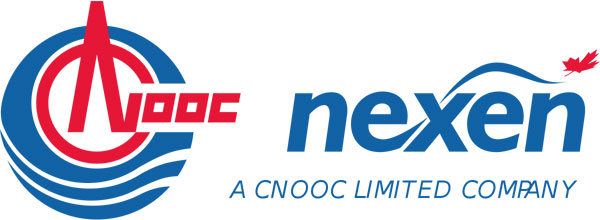Abstract
Shale oil and gas production and “fracking” are with us to stay. We geoscientists need to understand how we can contribute to the “shale revolution.”
The revenue from a good shale well allows the operator to rapidly recover the costs of drilling, completing, and fracking the well because of the high initial production. After that, production is nearly pure profit. By comparison, the initial investment in conventional wells takes much longer to recover.
The question facing geoscientists is how can geoscience make contributions to shale production when operators believe that producing from shale is a “manufacturing process”? In fact, only about half of the fracs deliver significant hydrocarbons. Therefore, the answer lies in the use of geomechanics to optimize fracking opportunities.
In this context, seismic should be thought of as an in-situ geomechanical test run over the entire shale reservoir before the majority of wells are drilled. Therefore, from seismic, estimates can be made of how much energy is required to frac the rock and how it will frac. If done prior to drilling or completions, seismic provides significant opportunities to improve the profitability of shale wells. This talk will focus on those opportunities and how to unearth them.
Biography
David is Senior Geophysical Advisor, Global Exploration with Nexen, a wholly-owned subsidiary of CNOOC Limited. In this role, David supports seismic interpretation for prospects in Guyana and Atlantic Canada as well as 4D monitoring across the portfolio.
David has made significant contributions to: quantitative interpretation, where three AVO equations have his name on them; seismic fracture characterization, where in 1999 he related azimuthal variations in 3D seismic to fractures in the borehole and where he holds a patent; and seismic geomechanics, where in 2009 he showed that all three principal stresses can be estimated from 3D seismic data and where he also holds a patent.
Prior to working at Nexen, David worked at Veritas and CGG for 22 years doing geophysical research. He joined Nexen’s Oil Sands division as a Senior Technical Advisor in 2010 and made a move to the Global Exploration team in 2016.
David holds a Bachelor of Science from the University of Western Ontario, as well as a Masters in Mathematics from the University of Waterloo. In 2015, he was the honoree of the 4th annual CSEG Symposium, where he was recognized for his contributions to value in geophysics. He is a member of the SPE, SEG, CSEG, EAGE, and APEGA and has published and presented more than 140 papers.
In his spare time, David likes to spend time with his family, play volleyball, and participate in grassroots motorsports.
Schedule
Note: schedule is tentative and subject to change.
| Date/Time | Location |
|---|---|
| Sept. 20, 2018 | Memorial University |
| Sept. 24, 2018 | Acadia University |
| Sept. 25, 2018 | St. Francis Xavier University |
| Sept. 26, 2018 | Geological Survey of Canada, Atlantic |
| Sept. 27, 2018 | Dalhousie University |
| Oct. 1, 2018 | University of New Brunswick |
| Oct. 18, 2018 | Lakehead |
| Oct. 23, 2018 | University of Manitoba |
| Oct. 25, 2018 | Saskatchewan Geological Survey |
| Oct. 26, 2018 | University of Saskatchewan |
| Nov. 1, 2018 | Ottawa-Carleton Geoscience Centre (OCGC) and the Geological Survey |
| Nov. 2, 2018 | McGill University |
| Nov. 5, 2018 | Queens University |
| Nov. 8, 2018 | INRS & Universite de Laval |
| Nov. 13, 2018 | Colorado School of Mines - Heiland Lecture, 3 pm in Coolbaugh Hall 209 |
| Nov. 19, 2018 | University of Calgary - Room ES 136, 4pm |
| March-12-19 | Laurentian |
| March-14-19 | Waterloo |
| March-15-19 | Western |
| March-19-19 | Toronto |






